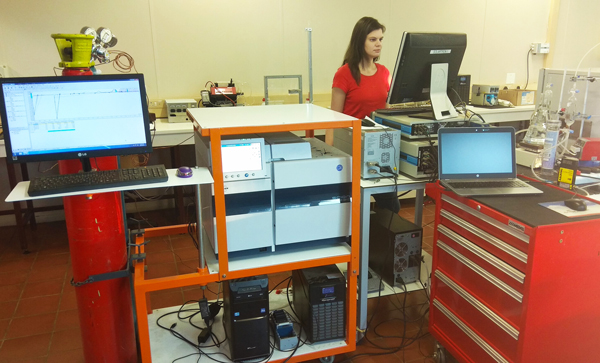
From April until September 2017 two postgraduates from the Department of
Chemistry and Electric-Chemical Energetics, Pushkareva Irina and Pushkarev
Artem, were relishing the opportunity to pass the stage in the Center of
Competence of National Hydrogen Infrastructure in South Africa.
This chance was given to them in the framework of
President of Russia scholarship to study abroad. Pushkarevs went to one of the
most exciting African countries, Republic of South Africa. It has the name the
most developed part of the continent and it is famous for marvelous national preserving
the amazing flora and fauna, mild climate, vineyards, fabulous meat cuisine and
cultural diversity. Moreover, the country possesses a wealth of natural
resources. Its most developed economical branches are telecommunications,
electric power, finance and mining. However, the higher level of the economy
and science contrasts greatly with the social stratification as a result of
colonial period and apartheid that had reigned until 1990.
South Africa is one of the most nationally various
countries of the continent, there, 11 languages are officially recognized. The
English language is the 5th wide-spread in the society, but it plays
a crucial role in international communication. It is often used in the media,
and most people in SAR speak it.
In SAR, the auto transport is the most popular one.
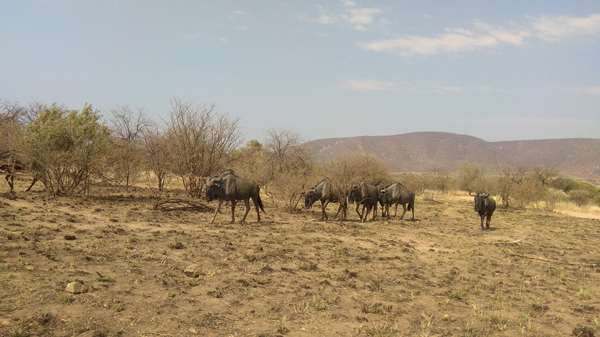
This is what they said:
We were invited to the Center of Competence of
National Hydrogen Infrastructure, one of the leading organizations of South
Africa operating in the field of development of hydrogen power. The studies that
are conducted at the CC embrace the technologies of receiving, storing and
transporting of hydrogen, including the dealing with consumer and, particularly,
modern technologies of water electrolysis, metanizing
of CO and CO2 and technologies of storage and transport of the hydrogen using
fluid organic carriers. Other important segments of the Center activity are the
design, development and exploitation of power stations. These stations work on
the base of Renewable Energy Sources (RES) and hydrogen power stores, including
water electrolyzers that transform the excess energy to hydrogen, and including
the hydrogen storage system and the fuel cell that allows providing reverse
direct conversion of hydrogen into electricity if necessary. One of the most
massive demonstration projects realized by the Center is a fully autonomous
power station based on the RES (solar panels) and hydrogen system of
accumulating the energy, built at one of the distant village schools.
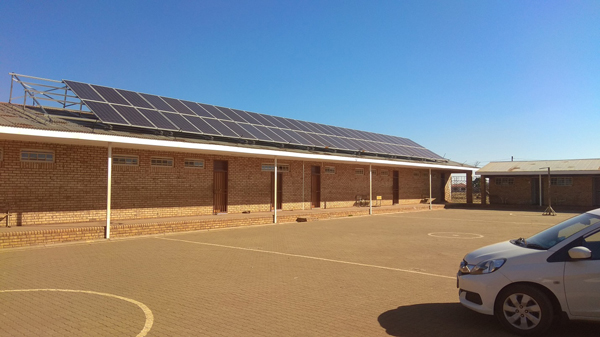
One of the prominent features of the Center of Competence of National Hydrogen
Infrastructure is rich with modern equipment that is needed for the research
conduct, as well as development and creation of power stations.
The Competence Center, despite its quite isolated
position, is included in North-West University - the largest university in
South Africa, former Potchefstroom University for Christian Higher Education,
whose history starts from the creation of the seminary in 1869. The Center of Competence
is actively integrated in the national scientific research and education
activity.
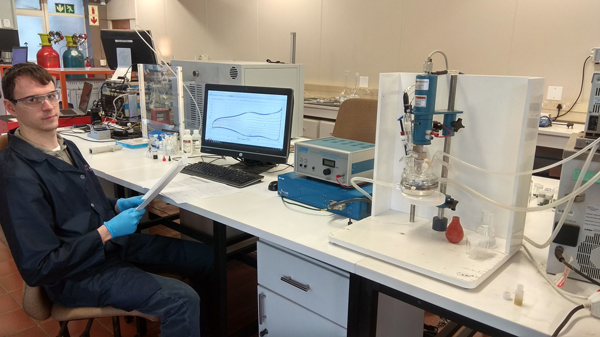
Even at the stage of preparing the application papers
and the necessary documents for the trip, the Center staff provided us with
comprehensive and timely assistance and support in various matters
(accommodation, insurance and support throughout our trip). The very precious
thing for us was the reception at the airport and transfer to Potchefstroom
because the public transport was not well developed there. The CC staff
received us like esteemed guests, warmly and happily, and they even gave us
personal cups with our names.
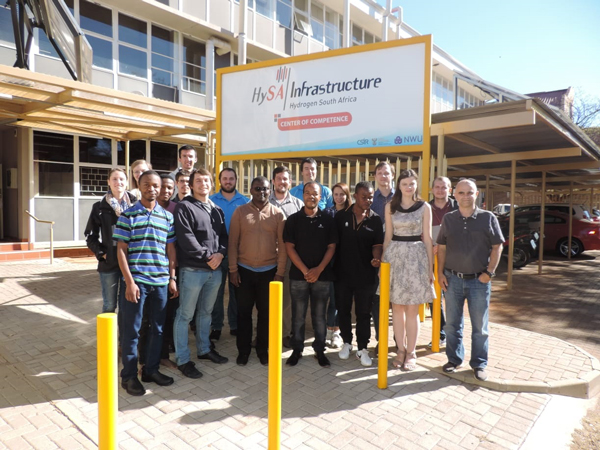
The contribution of the CC employees to our comfort at
SAR was great. On the very second day, we received the bank cards for
scholarship.
As well, within the help of them we were given a
two-room suit in the guesthouse for foreign students, despite being plain, it
was cozy and convenient.
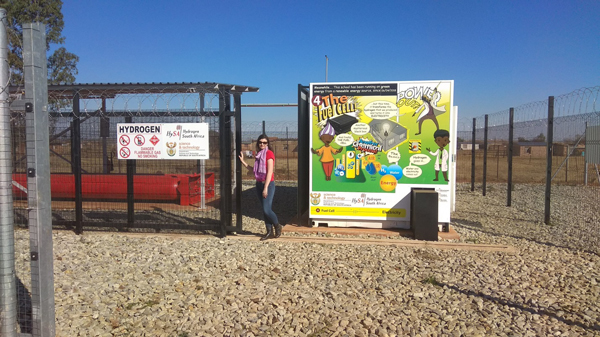
The road from the hostel to the CC took not more than
15 minutes on foot, which was very comfortable. The route was through the
Campus territory. Sometimes even the “natives” of the land were in our way, mongooses
and apes.
We should also dwell on the fact that we were in SAR
in winter (in the southern hemisphere it is from May until August). In winter
the weather is changing widely, at midday the air is +20* and at midnight it is
a little above zero, in fact, the thermometer here rarely goes below zero, but
still many local people complain about cold, and we can see ones dressed in
sandals or shorts or boots or sweaters (sometimes even in fur). Due to these
climate conditions the houses in SAR are built with thin walls and single
glassing, so the best friends of a South African in winter are the chimney and
the electric heaters.
It is worth mentioning to make a conclusion that we
got a magnificent chance to come to such a bright country as SAR. The immaculate
advantage of our journey was the opportunity to consider the best side of South
Africa. We had inforgettable impressions from the visit if National Park of
Pilansberg and fruitful and fine work with the employees of Center of
Competence of National Hydrogen Infrastructure under the guidance of Dmitry
Bessarabov. Special thanks to the Department of International Relations for
their thorough help.